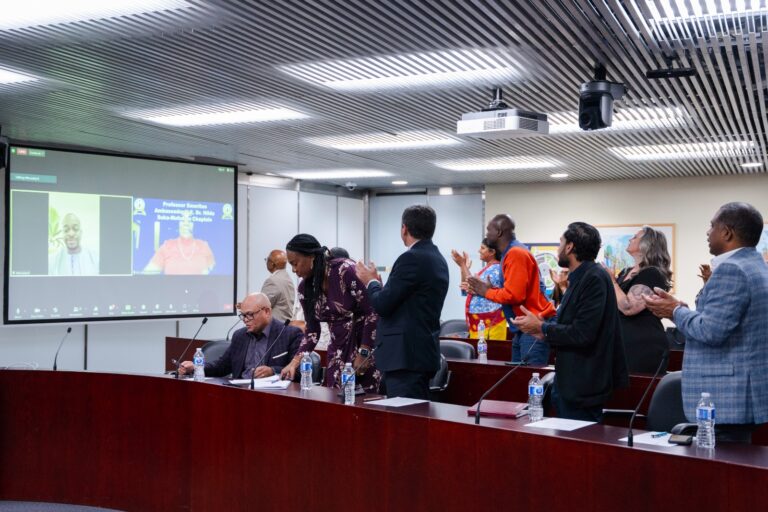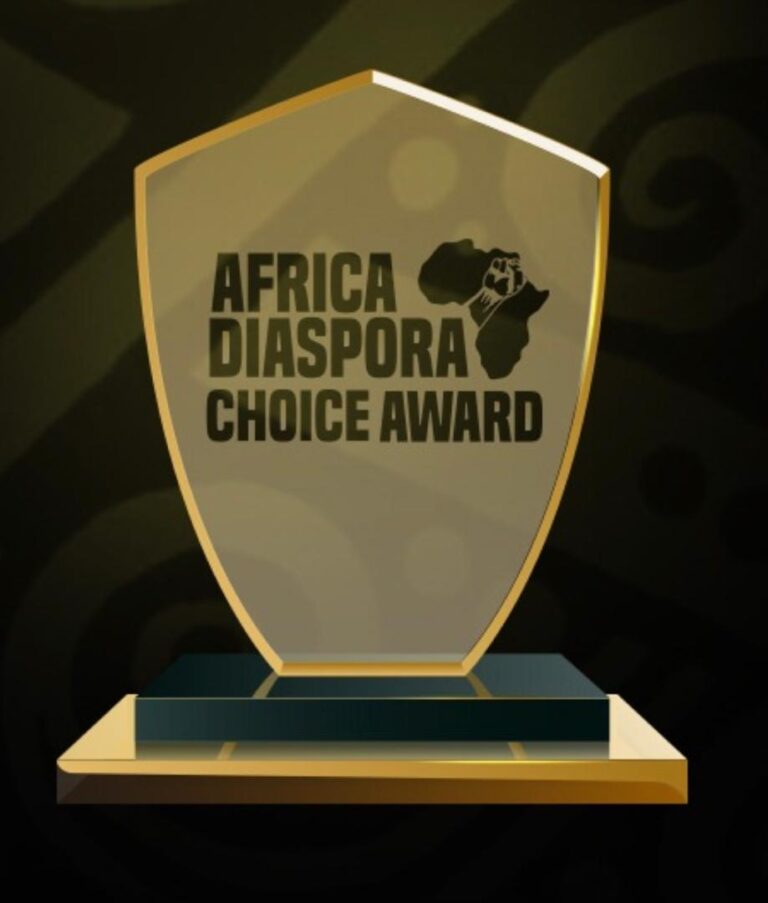The African Union (AU) is a continental body consisting of the 55 member states that make up the countries of the African Continent. It was officially launched in 2002 as a successor to the Organisation of African Unity (OAU, 1963-1999).
The African Union (AU) was officially launched in July 2002 in Durban, South Africa, following a decision in September 1999 by its predecessor, the OAU to create a new continental organisation to build on its work. The decision to re-launch Africa’s pan-African organisation was the outcome of a consensus by African leaders that in order to realise Africa’s potential, there was a need to refocus attention from the fight for decolonisation and ridding the continent of apartheid, which had been the focus of the OAU, towards increased cooperation and integration of African states to drive Africa’s growth and economic development.
The AU is guided by its vision of “An Integrated, Prosperous and Peaceful Africa, driven by its own citizens and representing a dynamic force in the global arena.”
The Impact of African Union's Work
The work of the AU is implemented through several principal decision making organs:- The Assembly of Heads of State and Government, the Executive Council, the Permanent Representatives Committee (PRC), Specialised Technical Committees (STCs), the Peace and Security Council and The African Union Commission. The AU structure promotes participation of African citizens and civil society through the Pan-African Parliament and the Economic, Social & Cultural Council (ECOSOCC).
Organs that handle judicial and legal matters as well as human rights issues include:- African Commission on Human and Peoples’ Rights (ACHPR), African Court on Human and Peoples’ Rights (AfCHPR), AU Commission on International Law (AUCIL), AU Advisory Board on Corruption (AUABC) and the African Committee of Experts on the Rights and Welfare of the Child. The AU is also working towards the establishment of continental financial institutions (The African Central Bank, The African Investment Bank and the African Monetary Fund)
The Regional Economic Communities (RECs) and the African Peer Review Mechanism are also key bodies that that constitute the structure of the African Union.
To ensure the realisation of its objectives and the attainment of the Pan African Vision of an integrated, prosperous and peaceful Africa, Agenda 2063 was developed as a strategic framework for Africa’s long term socio-economic and integrative transformation. Agenda 2063 calls for greater collaboration and support for African led initiatives to ensure the achievement of the aspirations of African people.


